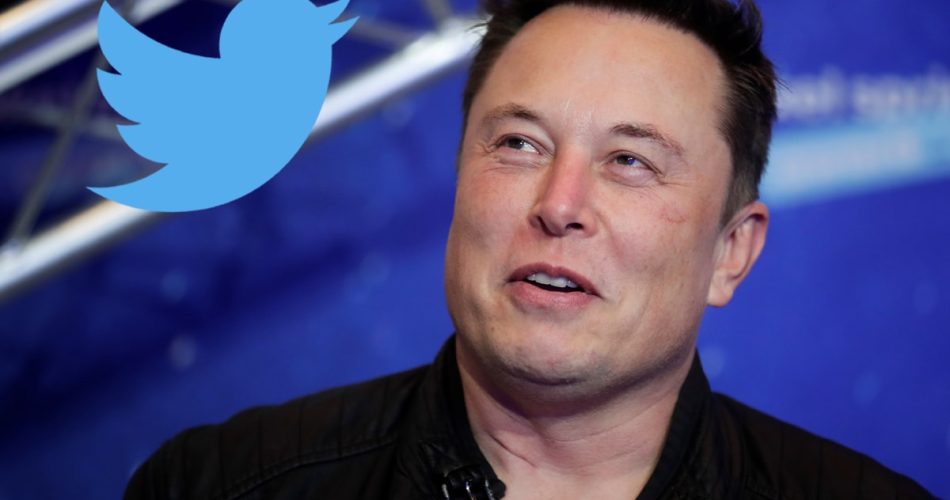Despite worries about “free” speech, 58 percent of marketers polled believe
Musk’s ownership of Twitter is beneficial to businesses, marketers, and
consumers.
Twitter as we know it has come to an end. And the vast majority of marketers are content. Elon Musk paid $44 billion for Twitter a week ago. And, if his tweets are accurate, he has significant plans for changes including an edit button, long-form tweets, and combating spambots. So, how enthusiastic, anxious, or unconcerned are marketers about it all? Why are 58 percent of marketers unconcerned? Account verification. Bots are being removed. Free expression. These are some of the reasons marketers are bullish about Musk’s ownership of Twitter.
Here’s a sample of the feedback:
“I’d want to have the option for all users to Verify their Account” (if they want to). It would be ideal if all users could choose to only see Tweets from Verified Accounts.”
“Elon will attract users back to Twitter and eradicate bots, which seems like a fantastic advertising opportunity.”
“I believe that a politically neutral approach to content management will extend the user base and make the site more accessible to a wider range of consumers.” Making the algorithm open source should increase transparency and testability of the aspects that influence marketing success. I also believe that the dedication to eradicating bots and spammers will make it a more appealing location to spend one’s time. This is fantastic news.”
“Musk transforms everything he touches into gold” (PayPal, Tesla, SpaceX). I’m not concerned. If he can regulate the numerous bots and spam, it will be a blessing to both users and advertisers! I believe that a higher signal-to-noise ratio would benefit ad CTR and other measures.”
“Allowing for the free and open interchange of information and ideas has no negative implications for brands.” Brands should, in fact, celebrate this.”
“Twitter advertisements have never worked well for us, so any improvement seems welcome.”
For what it’s worth, former Twitter CEO Jack Dorsey tweeted in favour of Musk’s vision for Twitter, saying that “having a public platform that is maximally trustworthy and broadly inclusive is incredibly crucial to the survival of humanity.”
Why are 42% of marketers concerned? Brand protection. Users are fewer. And “free speech” (which many feel is euphemism for “hate speech”). These are just a few of the reasons advertisers aren’t thrilled with Musk’s ownership of Twitter.
Here’s a selection of comments:
“If Twitter becomes known as a primarily political motivated environment populated by ‘alternative truths’ (aka lies), ultra-radical outpourings, and dubious conspiracy theories, then I can see a risk of brands becoming entangled in the maelstrom and having difficulty maintaining authority and brand integrity, or simply losing their voice in the general noise.”
“We are afraid that, in his quest for ‘free speech,’ Musk would turn a blind eye to harassment, hate speech, misinformation, and other heinous expressions.” We would not advocate that any of our brands relate to the Twitter brand.”
“If Twitter’s standards are relaxed, there is also concern about the dissemination of disinformation and outright falsehoods.” This may result in difficulties concerning the safety and well-being of its users.”
“As a marketer, I’d be concerned, not because I dislike the idea of Elon Musk owning Twitter, or because he might make Twitter more moderate in how it handles speech on the platform; I’d be concerned simply because change is always unsettling, especially when it’s as significant as the one he appears to be aiming for.”
“I’m afraid that the prohibition on bots will make industry tools more difficult to regulate – and, more importantly, that Elon’s pronouncements about ‘absolute free expression’ would let hate speech to go much further.” People should not advertise on a site that allows for extreme hate speech.”
“I’m concerned that there will be a significant migration of people from the platform.” A paid version without advertisements would be equally alarming, especially if analytics on the types of audiences lost to this ad-free version were not accessible. Also concerned about brand safety considering what else could appear in the feed surrounding our ad.”
Also, from the “nothing will change” camp. Other than “harsh, but not incorrect,” several answers were difficult to categorise. From “nothing will change” to “how can a cesspool grow any worse?”
Here are a few examples:
“For a long time, Twitter has been a swamp. “I honestly don’t think things could get much worse.”
“As a marketer, you can always modify the channels you employ, and new ones are on their way.” After all, we have the funds they require – including Elon Musk.”
Why we are concerned? The sale of Twitter marks a significant shift in the world of digital marketing. We will all experience the effects at some point. When? That is the question. Despite several major issues, Musk has a demonstrated track record of investing in or operating popular and lucrative firms such as PayPal, Tesla, and SpaceX. Every day, we move closer to seeing if Musk can unleash Twitter’s potential. The issue is whether companies and marketers will stick around and continue to invest time and money in the platform after seeing Musk’s vision for Twitter.
If you have any queries regarding Twitter marketing or any other form of online marketing, then please get in touch with us https://www.rsdigital.co.uk/contact-us/




